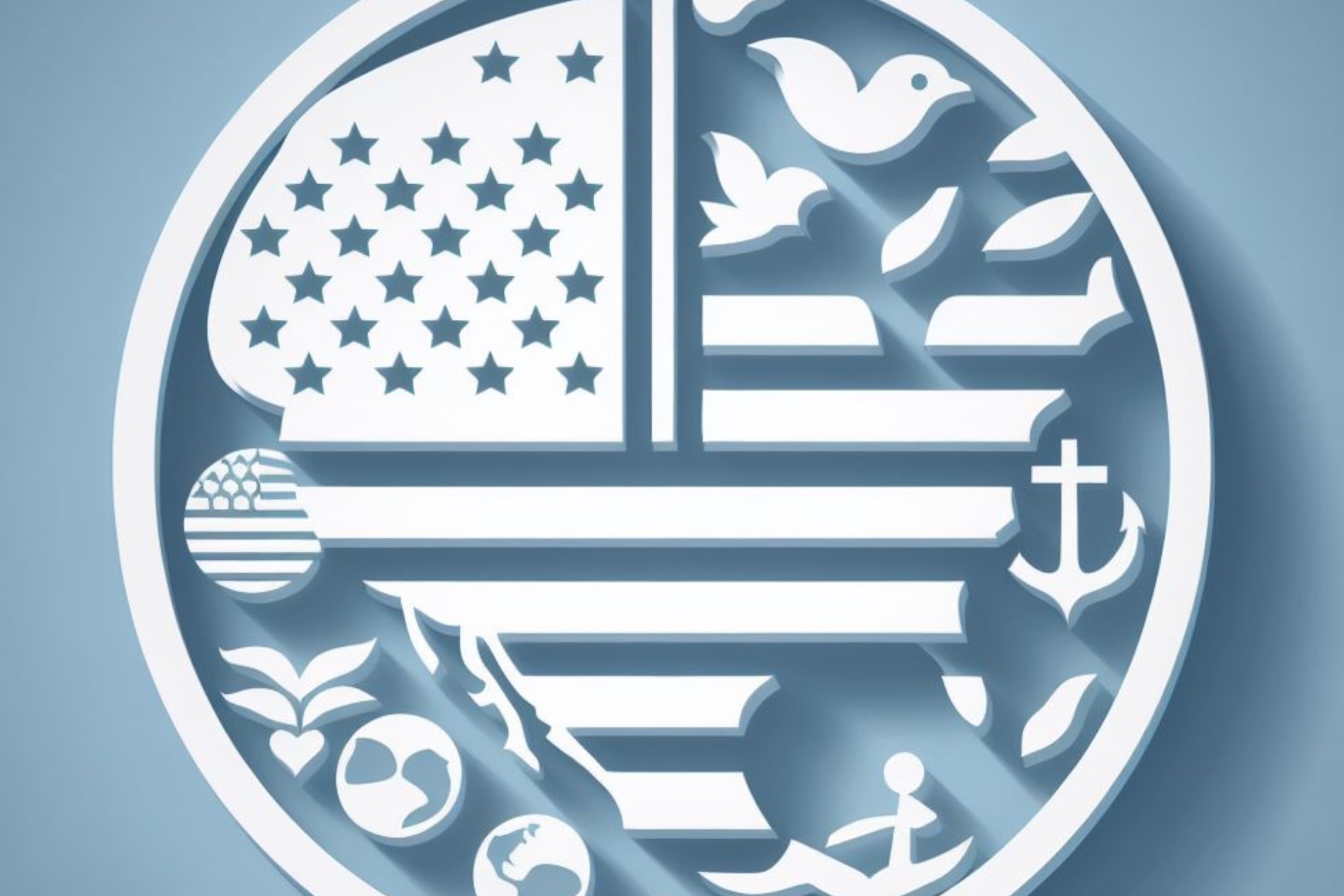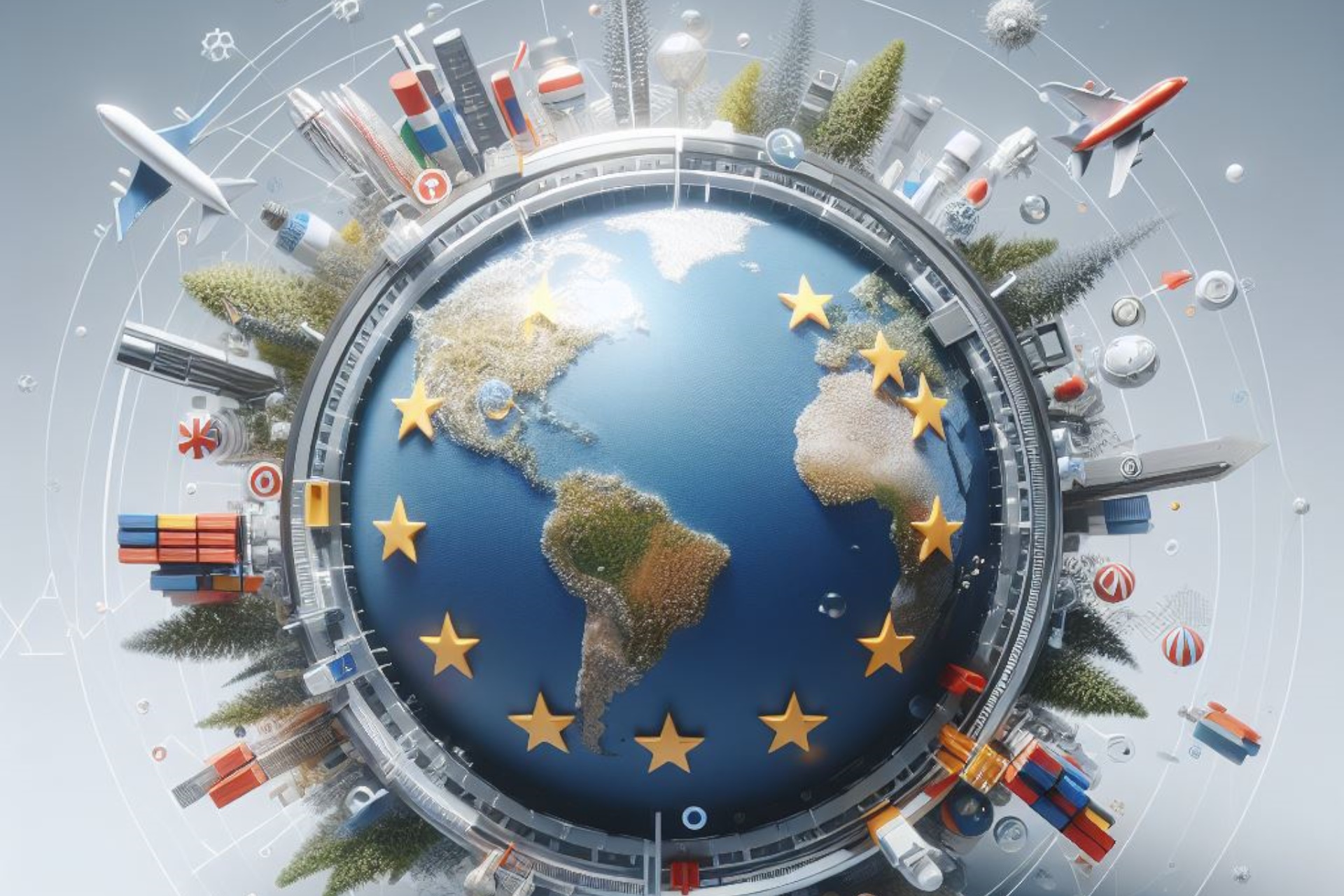Trade Promotion Agencies serve as catalysts for cross-border trade recovery and reconstruction, playing a pivotal role in guiding businesses through the challenges and uncertainties of the post-crisis landscape. Through their comprehensive support mechanisms and proactive initiatives, TPAs enable businesses to adapt, innovate, and thrive in the evolving global economy.
In the wake of global disruptions, such as pandemics, natural disasters, or economic downturns, the facilitation of cross-border trade becomes paramount for economic recovery and reconstruction. In this landscape, Trade Promotion Agencies (TPAs) emerge as crucial players, guiding businesses through the complexities of international commerce and catalyzing trade revival.
TPAs, often governmental or semi-governmental entities, are tasked with enhancing the export capabilities of local businesses, fostering foreign investments, and promoting bilateral trade agreements. Their multifaceted role becomes even more pivotal during times of crisis, as they become instrumental in navigating the uncertainties and challenges faced by businesses seeking to reestablish cross-border operations.
One of the primary functions of TPAs during trade recovery is to provide strategic guidance and support to businesses adapting to the new trade landscape. This includes offering market intelligence, identifying emerging opportunities, and advising on regulatory changes and compliance requirements. By keeping abreast of shifting global dynamics, TPAs empower businesses to make informed decisions, mitigate risks, and capitalize on emerging trends.
Moreover, TPAs play a vital role in fostering international partnerships and collaborations. Through their extensive networks and diplomatic channels, they facilitate dialogue between businesses, governments, and international organizations, fostering trust and cooperation essential for cross-border trade. By organizing trade missions, business matchmaking events, and promotional campaigns, TPAs create platforms for businesses to forge new relationships, explore untapped markets, and expand their global footprint.
Furthermore, TPAs serve as advocates for policy reforms and trade facilitation measures aimed at streamlining cross-border transactions. By lobbying for tariff reductions, customs simplification, and trade finance support, TPAs help alleviate bottlenecks and reduce transaction costs, making international trade more accessible and attractive to businesses, particularly small and medium enterprises (SMEs).
In addition to their proactive efforts in trade promotion, TPAs also provide crucial assistance in trade finance and risk management. Through initiatives such as export credit guarantees, trade insurance, and financial assistance programs, TPAs help mitigate the financial risks associated with cross-border transactions, providing businesses with the confidence to explore new markets and expand their export activities.
As businesses navigate the complexities of cross-border trade recovery, the role of TPAs becomes increasingly indispensable. By providing strategic guidance, facilitating partnerships, advocating for policy reforms, and offering financial support, TPAs empower businesses to overcome barriers and seize opportunities in the global marketplace.
#TradePromotion #CrossBorderTrade #EconomicRecovery #TradeFacilitation #GlobalCommerce #BusinessSupport #TradePolicy #MarketIntelligence #TradeFinance #Partnerships
Read more views

















































































